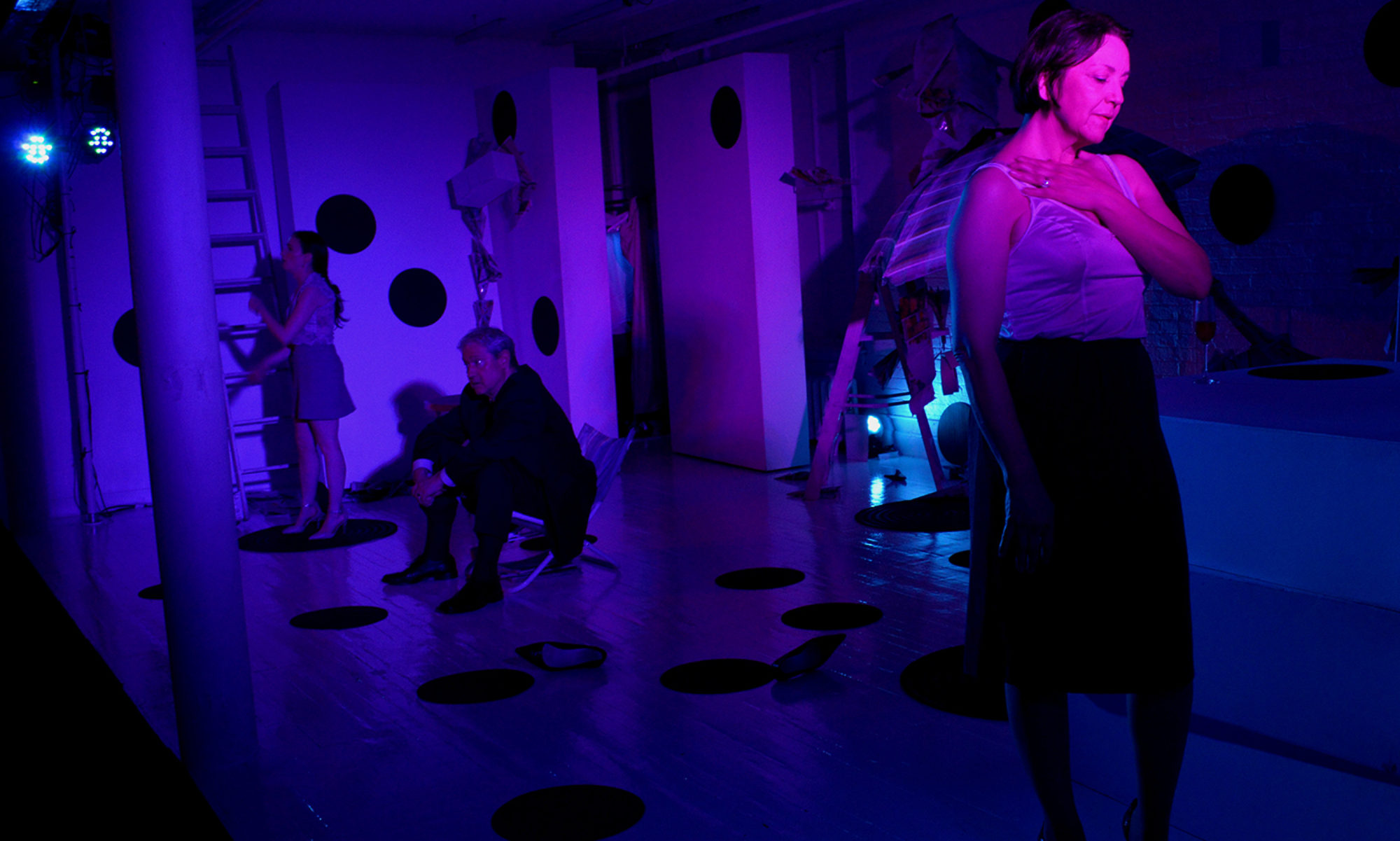Enjoy!
- How would this sentence be worded if it weren’t a question?
- Subject (and self-referentiality) would be more apparent if begun with “this sentence’s.”
- This sentence coins the word “blargiede,” but fails to define it, so it goes off and sulks.
- Due to implied subject, difficult (but not impossible) to understand.
- This sentence refers to itself twice: first, to accomplish a first self-reference, and second, to complete this sentence.
- First I’d like to—hold on!—I’ll finish this sentence as soon as I answer this text asking me what I was about to say before a text interrupted me.
- e eee oe oiey ou i ou e ea i ou ooa; aa, i a iae, o i eee eie i i ooa eae.
The sentence above confidently thought it could be read without consonants; alas, it was mistaken, so this sentence rewrites it with consonants replaced. - This poor, deluded sentence thinks it’s in Italian.
Questo povero, frase illuso pensa che sia in inglese. - If this sentence were not self-referential, it would be a prescription for world peace—pity!
- Example of an invalid construct: any construct that begins with “Example.”
- Does this sentence start out as a question, and then—yes, it does!—answer itself?
- Best read aloud:
Sentences (such as this one) with too many (say, more than two) digressive (e.g., parenthetical) phrases (example: “(example)”) are irritating (and might I add quite difficult) to read (or to hear read (or recorded)). - This sentence makes this collection a baker’s dozen, implicitly references every numbered item from one to thirteen (thus including itself), and then dies, glad to be the last of its kind.

